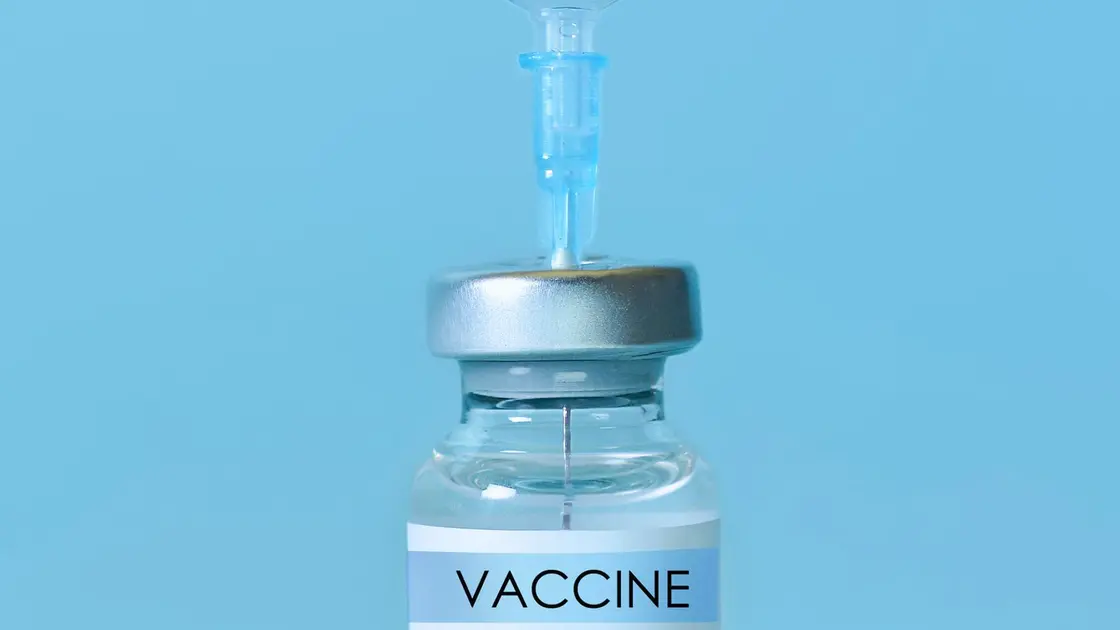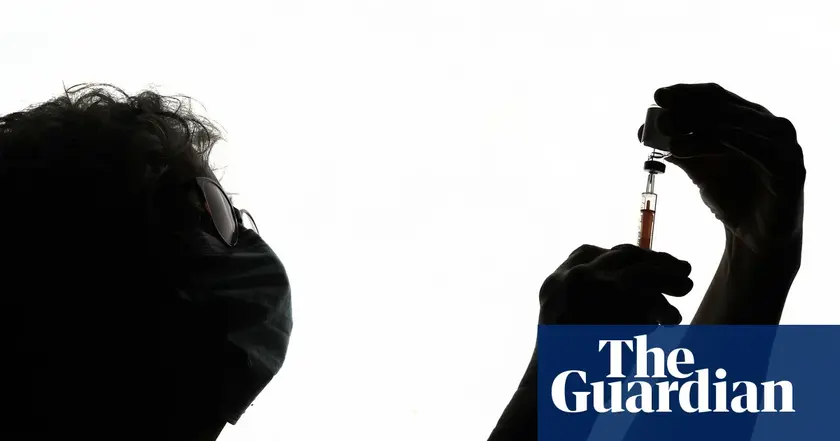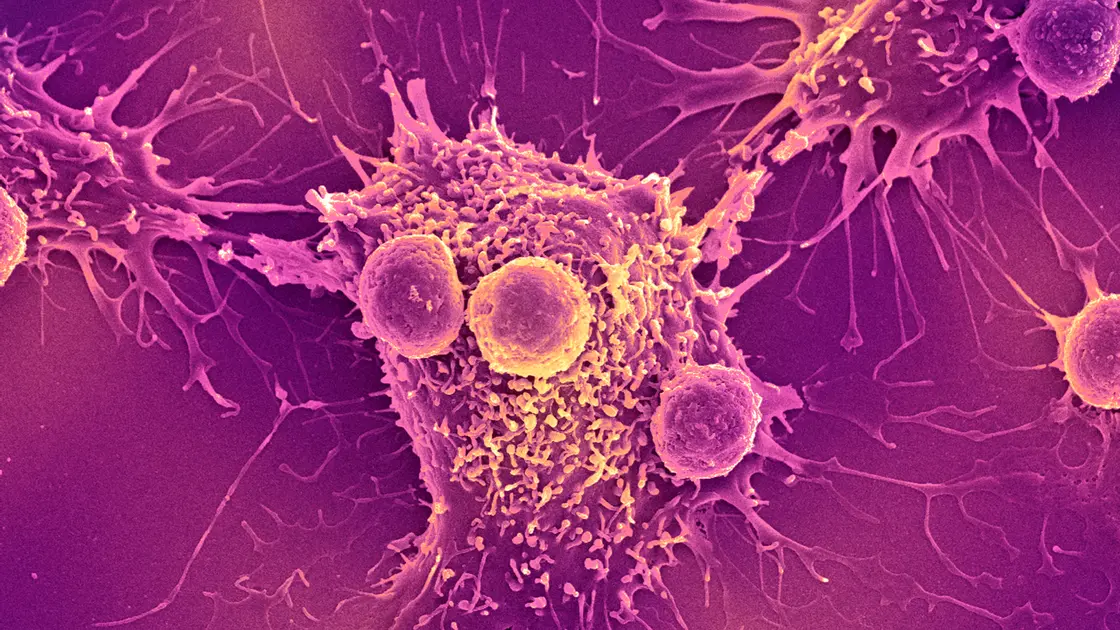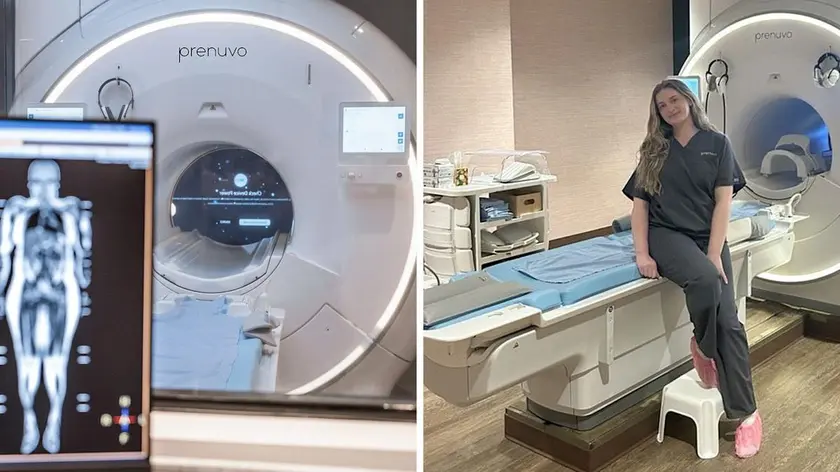T4K3.news
Pancreatic cancer vaccine shows early promise
Phase 1 results show 68% immune response and longer survival in a small group; phase 2 underway.

A phase 1 trial of a KRAS targeting vaccine shows immune responses and longer survival in a small group of pancreatic and bowel cancer patients.
Pancreatic cancer vaccine boosts immune response in early trial
A new KRAS targeting vaccine showed signs of slowing progression and extending survival in a phase 1 trial. The study involved 25 patients, including 20 with pancreatic cancer and five with bowel cancer. The jab, called ELI-002 2P, aims to help the immune system recognize KRAS-mutant cancer cells and improve delivery to lymph nodes. After about 20 months, 68% of patients developed a strong immune response to the mutant KRAS proteins. Those with the strongest response tended to live longer and stay cancer-free longer than patients with weaker responses. Survival for pancreatic cancer patients who received the vaccine was about two years and five months. The vaccine does not need to be personalized and could be produced in bulk, a potential advantage for quicker access if larger trials confirm benefit. Researchers have started a larger phase 2 trial to test efficacy in a bigger group of pancreatic and bowel cancer patients.
Key Takeaways
"Remarkable"
Dr Zev Wainberg described the early findings as remarkable
"The second phase of the trial is already under way"
Wainberg notes ongoing phase 2 toward broader testing
The findings offer hopeful momentum in a field where new options are rare. If larger studies confirm the benefit, this vaccine could become part of a broader strategy against KRAS-mutant cancers. Yet the small size and mixed cancer types in this early trial mean results must be interpreted with caution. Manufacturing at scale matters, but safety and effectiveness must be demonstrated in diverse patients. The story also highlights how science moves from a single signal to a potential new standard of care only through rigorous testing and time.
Highlights
- Hope grows with every phase 1 win
- KRAS targeting could redefine care for stubborn cancers
- Phase 2 moves ahead and that matters
- Not personalized and ready to scale makes a difference
Small early trial warrants caution
The results come from a phase 1 study with 25 patients, so findings should be treated as preliminary. Larger, diverse trials are needed to confirm safety and effectiveness and to understand who benefits most.
Hope comes with caution as science tests these early signals against broader realities.
Enjoyed this? Let your friends know!
Related News

Off the shelf cancer vaccine shows promise against relapse

Universal cancer vaccine begins human trials

Breakthrough mRNA vaccine shows potential to treat cancer

Research shows stevia may combat pancreatic cancer

Funding for mRNA vaccines canceled by Kennedy

Young Americans face higher rectal cancer risk

UK study shows immunotherapy improves survival in penile cancer

Whole Body MRI Insight vs Cost
